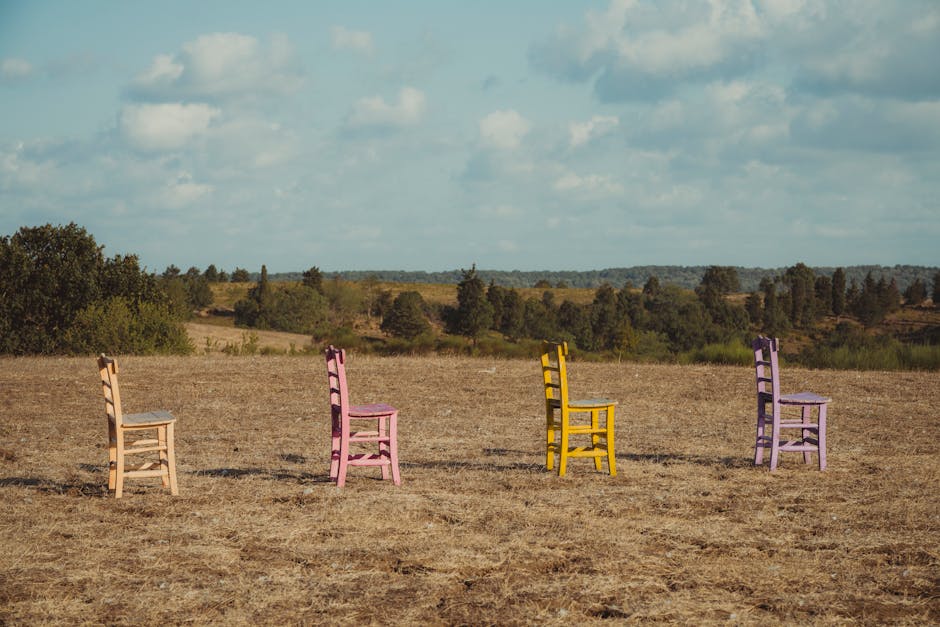
The Relevance of Folklore in Contemporary Society
Folklore has been an integral part of human culture for centuries, serving as a repository of traditions, stories, and beliefs passed down through generations. In contemporary society, folklore remains relevant by providing a sense of identity and continuity amidst rapid change.
The Role of Folklore in Preserving Cultural Identity
One of the primary functions of folklore is to preserve cultural heritage. Through stories, myths, and legends, communities maintain their unique identities and transmit values across generations. For example, mythological stories often contain morals and lessons that resonate with modern audiences, emphasizing the universality of human experience.
Folklore and Modern Creativity
Contemporary artists, writers, and filmmakers frequently draw inspiration from traditional folk tales and legends, creating works that bridge the past and present. This ongoing influence demonstrates how folklore fuels modern literature and arts, enriching cultural dialogues and inspiring innovation.
The Educational Importance of Folklore
In educational settings, folklore serves as a valuable resource for teaching about history, values, and societal norms. It helps students understand diverse perspectives and fosters a deeper appreciation for cultural diversity. Incorporating folklore in education encourages critical thinking and cultural literacy among learners.
Challenges and Opportunities
Despite its relevance, folklore faces challenges due to globalization and the decline of oral traditions. However, digital media offers new opportunities for digital storytelling and dissemination, helping preserve and revitalize traditional stories for future generations.
